"Sentinel is one of the hardest roles. You need to know when to lurk, when to go with your team, and how to manage the timing"
Following the intense series against NRG in VALORANT Champions Paris, MIBR’s Gabriel "cortezia" Cortez reflected on the slim margins that determined the outcomes of the maps, his decision-making during critical post-plant moments. The Sentinel also discussed the team’s swift development following a bootcamp in Germany before the Champions Paris start, the composure of rookie IGL Andrew "Verno" Maust, and the invaluable contributions of Erick "aspas" Santos beyond his exceptional aim, viewing pressure as an opportunity rather than a burden.
After your games against NRG, how do you feel about your individual performance and the team overall?
Gabriel "cortezia" Cortez: "I’m a bit sad, it’s always disappointing to lose, and this was a very important match for a top-three finish. That said, I’m pleased with my own performance; I played very well on the first two maps. Unfortunately, in a few critical rounds, I made some poor decisions. But it is what it is. As for the team, I’m proud of everyone. aspas was feeling unwell and still did “aspas' things.” Everyone gave everything they had. Today just wasn’t our day; it was NRG’s day to clinch the top three. But I believe our day is coming.
The first map was a never-ending battle, much like the last map, which NRG won. Do you think nerves got to you at that point, and what was the main mistake that cost you the map?
cortezia: I think it came down to two after-plants, both on the same side. I remember one where xenom (Eduardo Soeiro) and aspas were alive. Unfortunately, aspas died before xenom in a 2v1 with very little time left for the defuse for brawk (Brock Somerhalder), and we still lost the round. Then there was my mistake in overtime: a 3v2 where I went through the smoke, died, and we lost the 3v2. We actually played very well, but in the end, games are decided by small details. We made too many mistakes in those moments, and that was the main reason we lost.
This was a clash between two Americas teams, and last time in Stage 2 you lost 2–0. What changed for you between Stage 2 and now?
cortezia: Our bootcamp in Germany before Paris helped us a lot. I was even surprised by how much we improved in such a short time. Having a clear, shared objective brought us together again as a team. A lot of that growth happened in Germany.
At the press conference, you praised Verno, your rookie IGL. What does he bring that a more traditional IGL might not?
cortezia: It’s impressive, Verno is only 19. For the first six months of this year, he was 18. That’s very young for this level of pressure and responsibility. This is his first tournament shot-calling, and he’s already a champion in the way he carries himself; he’s doing really well. It’s his first time IGLing at a tournament of this caliber, and he’s just 19. I’m only 20 myself, and he’s younger than me. I’m genuinely glad to play with him; he’s a bit of a genius.
You were with Red Canids before MIBR. What aspect of your game has improved the most since you started playing in VCL?
cortezia: The main reason I’ve developed so much this year is the people supporting me, fRoD (Daniel Montaner), xenom, artzin (Arthur Araujo), and even Verno. They’ve helped me a lot. I feel like I’m really playing my own game now, playing well, and helping the team. I still make mistakes, that’s part of the game. We aim for perfection, but you can’t reach it without making mistakes. If you never make mistakes, you don’t evolve. So mistakes are normal, in my opinion.
aspas is one of the best Duelists in the world and a former world champion. Beyond his aim, what does he bring to the team that the public doesn’t see?
cortezia: Two of his best qualities are simply being "aspas" and being funny. He’s always making jokes. He might whiff a round, and it changes nothing for him; he’ll keep playing the same way. He doesn’t dwell on it. He resets instantly and goes again. Everyone whiffs sometimes, but what makes him aspas is that on the very next round, he’s already back to normal. I think what people don’t see enough is how funny he is and how focused he stays on the goal.
It’s your first Champions. You also played Masters Toronto and EWC. Do big stages like this add pressure, and how do you handle it?
cortezia: Honestly, pressure is a privilege. It’s a privilege to be in Paris playing in this arena. Today it was packed, I could see thousands of people cheering for us or against us; either way, just watching the game. I’ve always dreamed about this, so I don’t feel weighed down; I feel grateful. Every time we paused, I looked at the crowd and at our MIBR fans behind me, mostly Brazilians and I felt happy and thankful. Yes, it’s my first Champs, my rookie year, we’re seen as underdogs, those things make me happy, not anxious.
As a Sentinel, what advice would you give a young VCL player who wants to move up to VCT and perform at your level?
cortezia: Sentinel is one of the hardest roles. You need to know when to lurk, when to go with your team, and how to manage the timing. You have to master your setups, and keep changing them. Once opponents have seen your trips or cages, they’ll break them and throw everything at you. You often anchor the edges of the map, alone a lot of the time. So watch VODs. If you have good people to guide you, like I have with fRoD, you’re in good hands, give time. If not, study on your own and focus on how to use your setups, when to run a specific look, and when to change it. Above all, learn when to lurk and when to group.
If you could speak to a younger cortezia just starting VALORANT, what would you say? Would he be proud of who you’ve become?
cortezia: I never expected to be here. If I could go back and tell young cortezia that I’m here, top six, almost top three today, he wouldn’t believe me. I’m really happy. Last year, I almost retired. Being here is a blessing. Keep going, young cortezia."
Header Credit Photo: Adela Sznajder/Riot Games

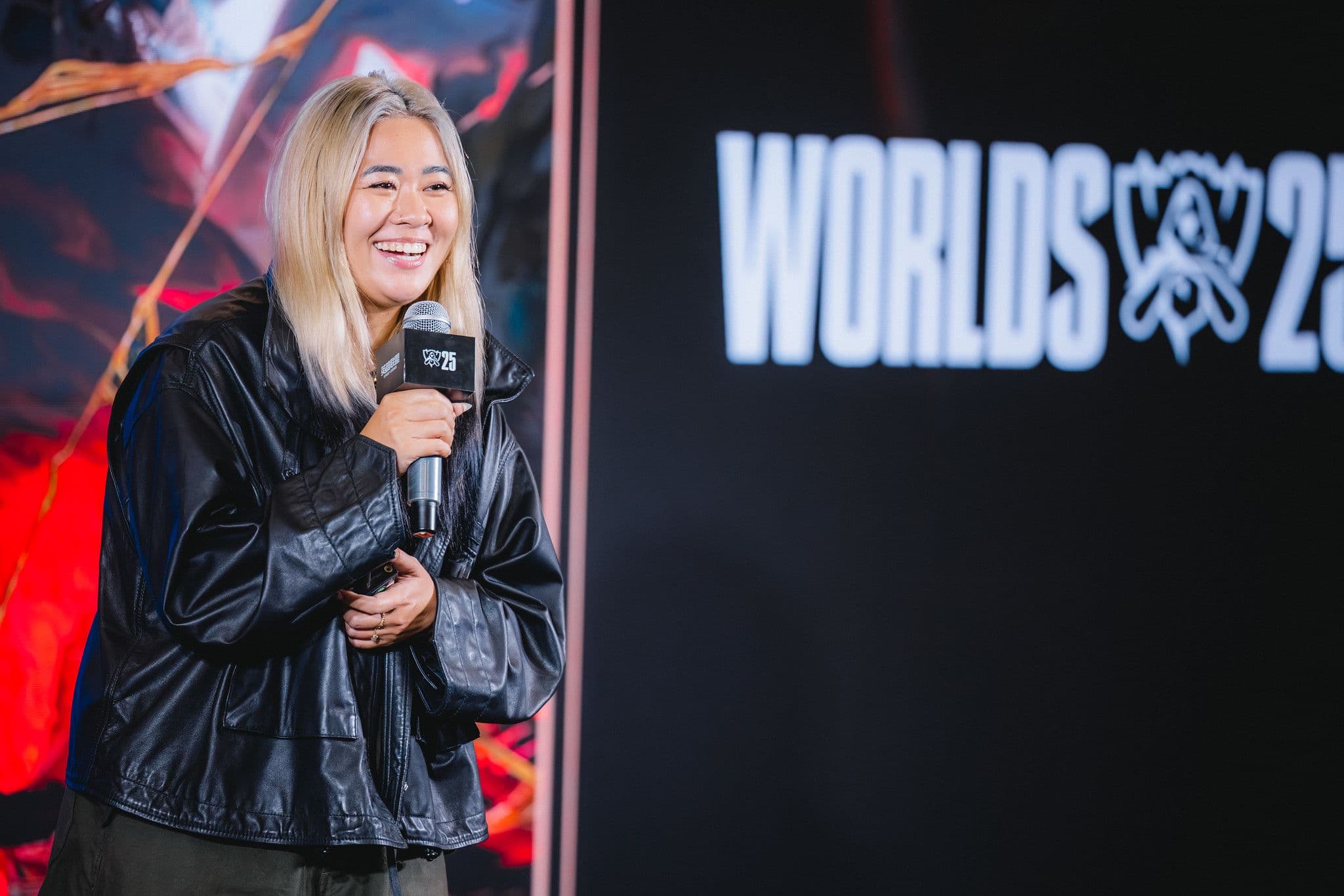

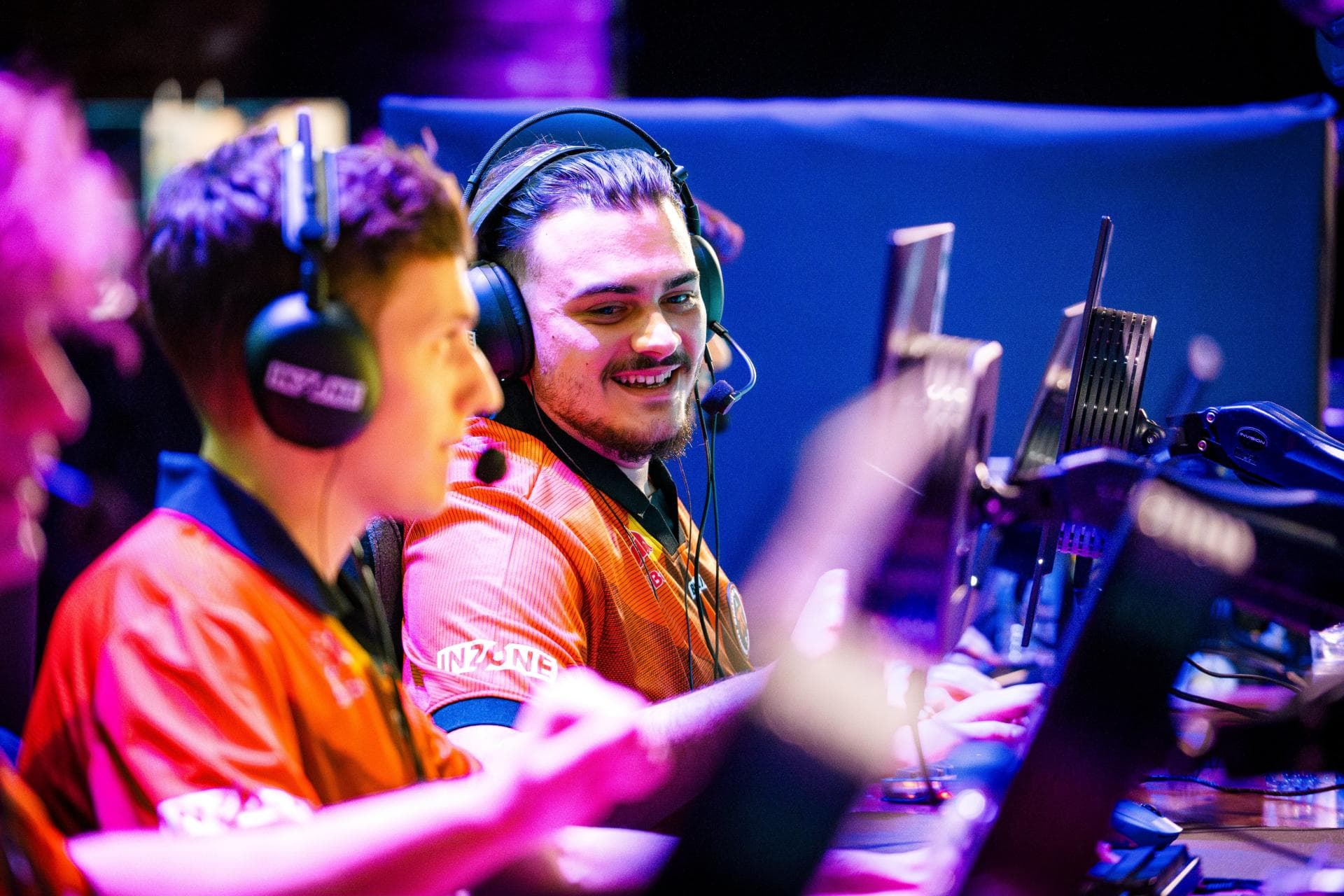
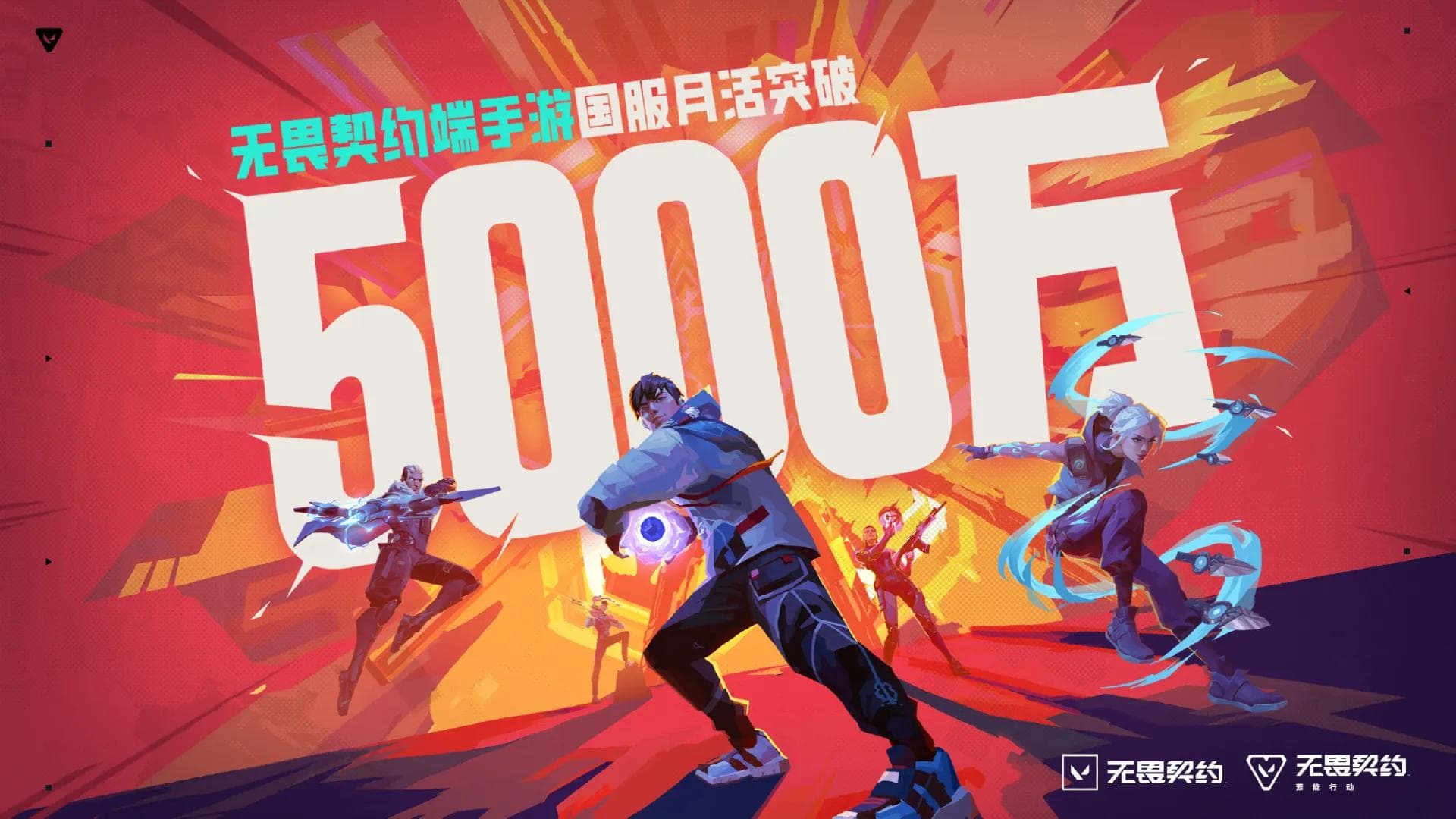
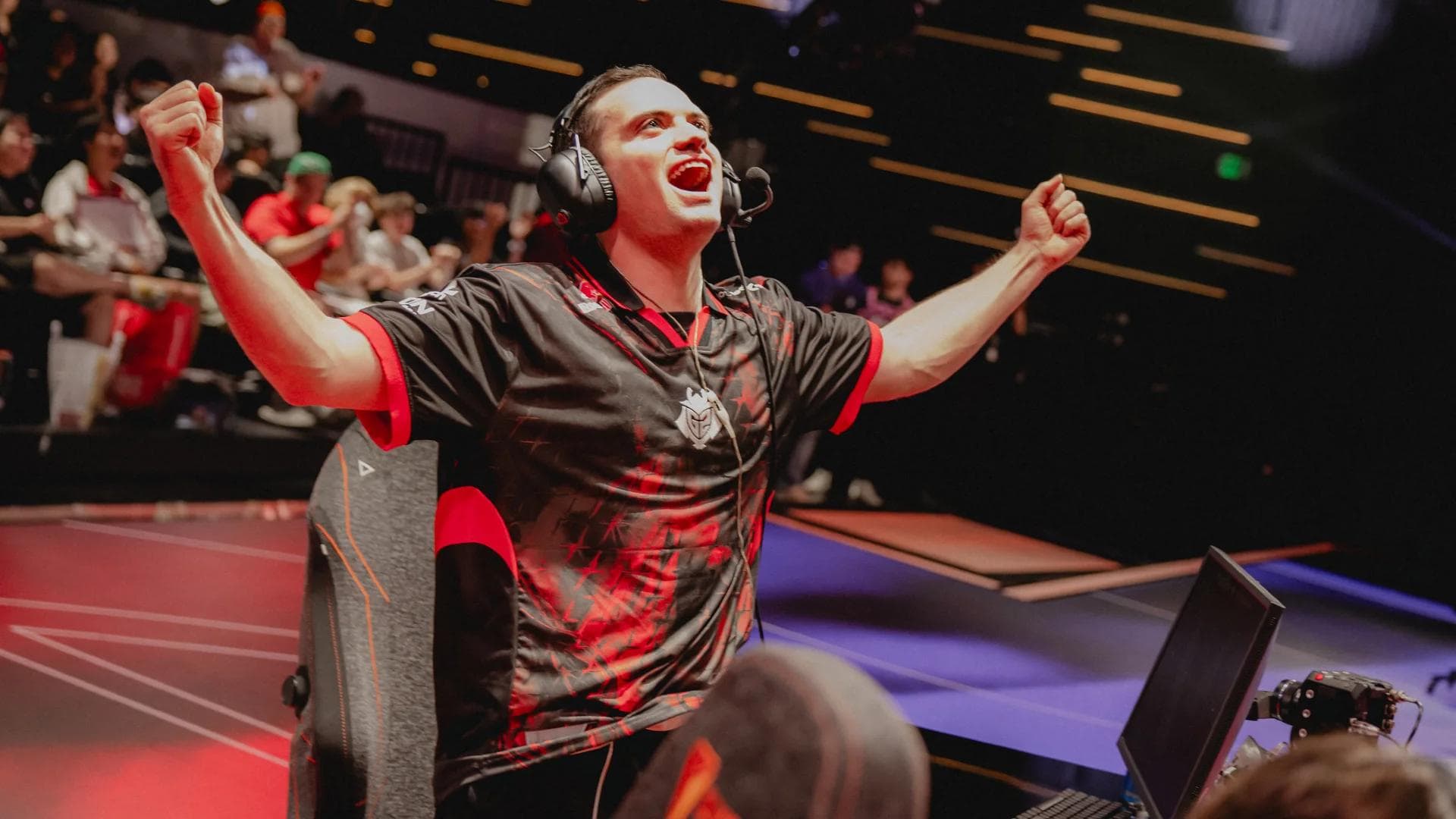
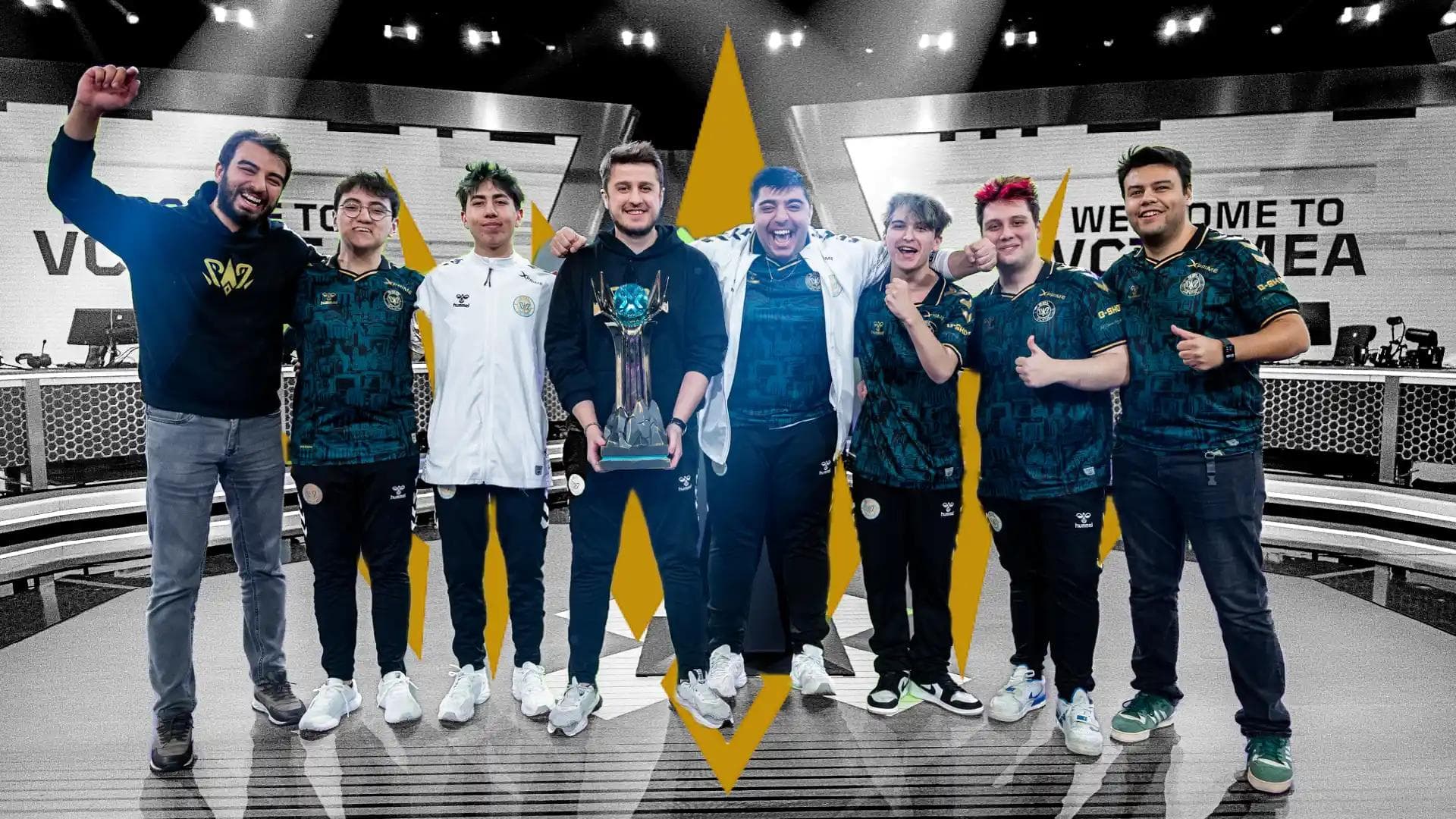
/Comments
Write a comment